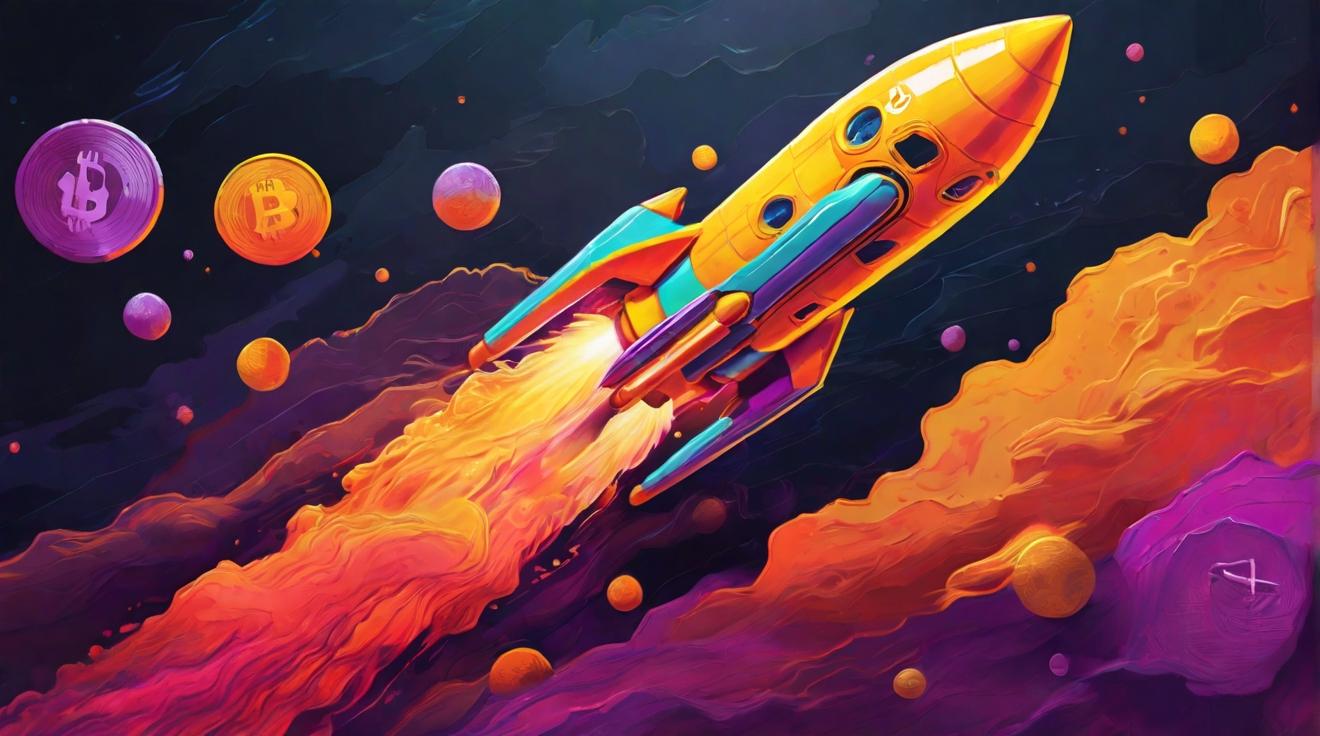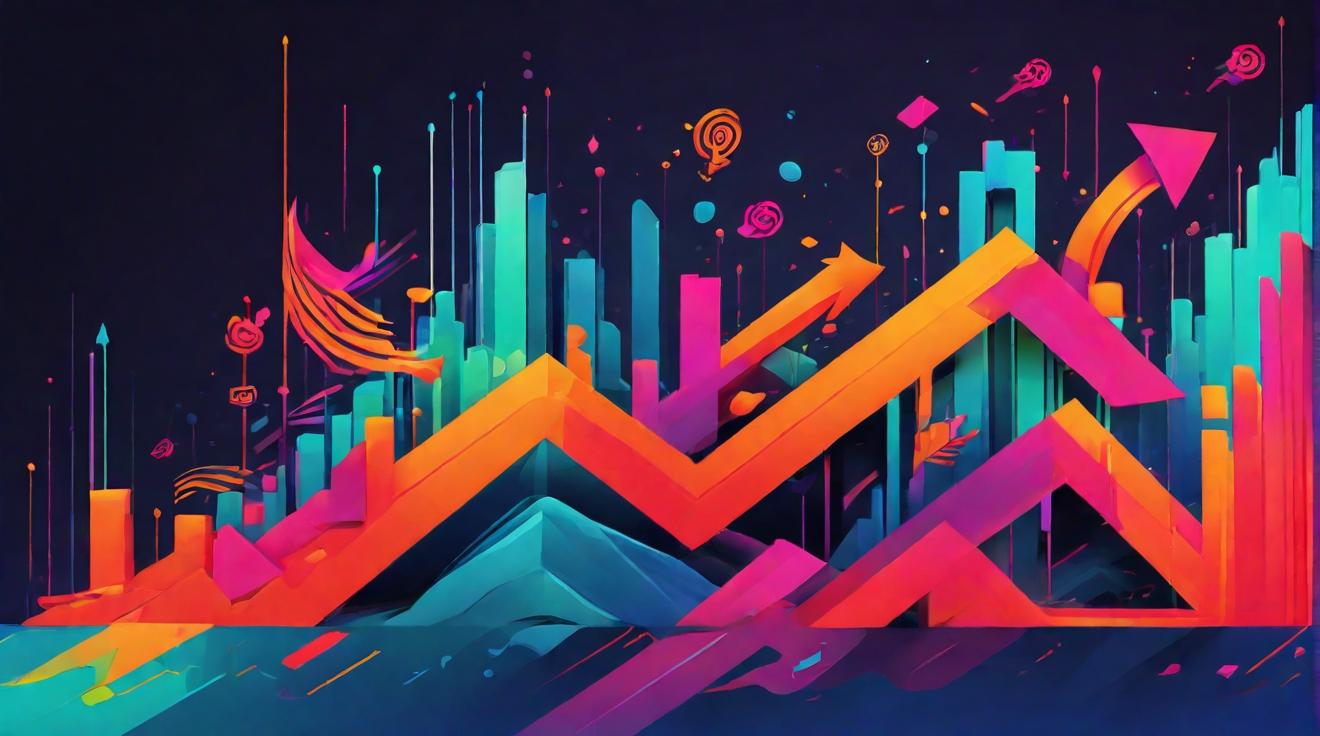OpenAI's Origins and Leadership
Founded in 2015, OpenAI emerged from a collaboration between several visionaries, including Sam Altman, Greg Brockman, and Elon Musk. Initially, the goal was to develop artificial intelligence tools that benefit humanity. However, Elon Musk departed in 2018 due to potential conflicts with his other ventures, notably Tesla. Currently, Sam Altman serves as the CEO, while Greg Brockman holds the position of president, leading the company in its ambitious projects.
ChatGPT: OpenAI's Breakthrough Technology
OpenAI leapt into the spotlight with the launch of ChatGPT in late 2022. This advanced chatbot uses sophisticated algorithms to understand and respond to user queries in a human-like manner. Imagine asking your computer a question, and it responds as if you're talking to a friend. This capability has captivated both individuals and businesses, leading to widespread adoption.
Exploring OpenAI's Revenue Streams
Beyond ChatGPT, OpenAI's suite of tools includes systems that can create images and videos from text descriptions, expanding the possibilities of content generation. These innovations have attracted major clients like PwC, Moderna, and Estée Lauder, contributing to an impressive annual revenue of approximately $3.4 billion. This success underscores the transformative potential of AI in various sectors.
Microsoft's Strategic Investment
Microsoft recognized OpenAI's potential early on, investing a massive $13 billion into the startup. This partnership not only provides financial backing but also integrates OpenAI's technology with Microsoft's cloud services, enhancing their competitive edge in the tech industry. This collaboration illustrates how big tech companies are positioning themselves at the forefront of AI advancement.
Regulatory and Ethical Concerns
Despite its achievements, OpenAI's rapid ascent has not been without controversy. Regulators and experts express concerns over the influence AI companies wield, and the stress their operations place on infrastructure, including the power grid. As AI systems become more pervasive, questions about ethical use, privacy, and societal impact become increasingly pressing.
The Road Ahead for OpenAI and Microsoft
Looking forward, OpenAI and Microsoft face the dual challenge of continuing innovation while addressing regulatory scrutiny. Their journey reflects the broader narrative of technology's potential to revolutionize society, coupled with the responsibility to ensure it is harnessed safely and ethically. As we navigate this AI-driven future, the balance of power, innovation, and regulation remains a dynamic and critical conversation.













